He completed his Graduation, Post-Graduation and Research degree from the University of Mysore (UoM). He is the product of the Department of Zoology, Manasagangothri. As a faculty, he had an opportunity to serve the Department for over three decades (1975-2008). After serving as VC of Bangalore University (2006-2008), he was appointed as Director, National Assessment and Accreditation Council NAAC (2008-2013). Subsequently, he was a Visiting Professor at Indian Institute of Science (2013-2018), Bangalore.
At present, he is the Chairman of Board of Governors of IIIT Kurnool and also Visiting Faculty at Centre for Human Genetics, Bangalore. Even now he frequently visits his Alma Mater — the Department of Zoology at Manasagangothri — to deliver lectures.
The Foundation Day of UoM was celebrated on July 27, 2023. Here we publish a write-up by the distinguished alumnus Prof. H.A. Ranganath, who takes us down the memory lane of the University that was and that it is now. —Ed
By Prof. H.A. Ranganath
The University of Mysore was established on July 27, 1916. It is the sixth oldest in the country and the first in Karnataka. It was founded by Maharaja of erstwhile Princely State of Mysore His Highness Sri Nalwadi Krishnaraja Wadiyar and the then Diwan Sir M. Visvesvaraya. The city of Mysuru is not only the cultural centre of Karnataka known for Palaces, temples and gardens but also for many leading educational institutions of all levels — Kindergarten to Universities as well as Research Centres.
The 107th Foundation Day of the University was celebrated on July 27, 2023. It was an occasion for introspection. One has to look into whether the hopes and aspirations of the Founding Fathers as well as the visionaries who guided growth and evolution of the University have been met/achieved.
Multi-disciplinary Varsity
The University of Mysore has a rich glorious past. It was one of the best multi-disciplinary Universities with Departments in Languages, Literature, Sanskrit, Translation, Music, Philosophy, Indology, Art, Dance, Theatre, Education, Mathematics, Statistics, Pure and Applied Sciences, Humanities and Social Sciences, Economics, Journalism, Law, Sports, Health Sciences and Engineering and Technology.
The multi-disciplinary character of the University suffered when the faculties of Medicine and Engineering were usurped by the policy of the then Government, to establish State-wide mono-discipline Universities such as Health Sciences (Rajiv Gandhi University of Health Sciences – RGUHS) and Technology University (Visvesvaraya Technological University – VTU) respectively.
Of course, after realising the importance of multi-disciplinary Universities, policies are in place to promote all disciplines in a University, as a result of which University of Mysore has started School of Engineering Sciences.
As on today, there are over 160 programmes spread across different Departments, with both traditional as well as contemporary areas of study. Many Departments had National and International recognitions, collaborative research, National and International Central facilities, Advance Research Centres and received grants from multiple funding agencies. The campus is (was) known for its Academic, Physical, Administration, Infrastructural and Moral ambience. The campus is (was) a Forum for free thought, Community of scholars and it was a Place of happenings.
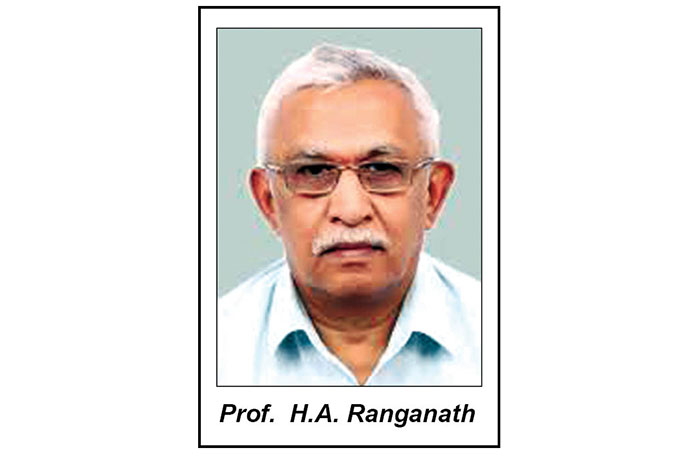
Trend-setter
It was the first University in the State during 2000 to get Accreditation by National Assessment & Accreditation Council (NAAC) and this was followed by three more cycles of accreditation. University undertook an extensive ‘Academic Administrative Audit (AAA),’ first-of-its-kind in the State, by a committee of excellent academics of the country. This elaborate audit was over a period of 3 months. Recognised by Government of India as an “Institution of Excellence (IOE)” with a grant of Rs. 100 crore (in 2008), University with Potential for Excellence (UPE) in 2009 by UGC with a grant of Rs. 50 crore in 2012, Centre with Potential for Excellence in Particular Area (CPEPA) and was awarded grant of Rs. 9.5 crore, identified as one of the top 20 Universities in Scientific Publications and was awarded Rs. 9 crore under PURSE Scheme and renewed for 2nd Phase in 2016 awarded Rs. 8.5 crore and Identified by Government of Karnataka (2009) as Innovation University.
These success stories are because of visionary leadership and rich contributions from dedicated Faculty of the University.
Current status
While the institutional memory is worth recapitulating, the present scenario is disappointing. Of many reasons, one of the important factors is Faculty posts in the Post-Graduate (PG) Departments. There are over 410 sanctioned posts, of which 269 (67%) are vacant for different length of periods. Particularly, of 71 sanctioned posts of Professors, 66 are vacant!
Similarly in the categories of Associate Professors and Assistant Professors, the vacancies are 87 and 116 respectively. The posts through merit promotions and career advance promotions are for the existing faculty and are not against sanctioned posts. There are a few new PG programmes without any sanctioned teaching posts. The Departments and the disciplines on the campus have grown and evolved over the last six decades with the contributions of faculty.
The impact of non-filling up of the vacancies on the academic fabric of the University is huge. Yet another dimension of this is the absence of the senior researchers with vast experience to lead research groups and take it to the next level. Since critical mass of faculty are not available in the Departments, they are not eligible to apply for grants. The number of individual as well as collaborative research projects funded by National and International bodies is almost gone.
In a way this has caused irreparable damage on the sustenance of quality teaching and advancement of research. The results of accreditation by NAAC as well as of NIRF rankings reflect the present status of the University. Over and above these constraints, as of now, the University is without even an in-charge Vice-Chancellor (VC)!
The situation of other Universities in the State may not be different from the picture of University of Mysore.
Lessons learnt
In the light of the above narration, the proposed State Education Policy has to address the following issues in the interest of students of public-funded Universities:
1) To discontinue the splitting up of parent Universities to establish more number of smaller Universities as this has been shown to be counter-productive.
2) For time being, moratorium on starting new Universities.
3) Strengthening of the existing public-funded Universities — particularly the younger ones, with grants to develop infrastructure, to start inter-disciplinary courses with additional faculty positions.
4) Administrative jurisdiction of a University to be limited to affiliation and examination purposes and not for admission of students to PG programmes. The PG admission may be facilitated through ‘Common Entrance Test’ for all graduates of different Universities and this will promote ‘Mobility of Students.’
5) Since infrastructure and human resource (expertise) varies among Varsities and also non-availability of specialised innovative courses, mobility of students may be encouraged to take courses in other Varsities — this may to certain extent address the rural versus urban divide of institutions.
6) There has to be a definite succession time-bound plan for filling up faculty posts.
7) To adapt UGC’s proposal to appoint ‘Professors of Practice’ from industries and other domains for short periods to enrich the expertise on the campus. This will augment the faculty resources in institutions. Also it will promote University-Industry linkages.
8) To establish State Research Commission to provide research grants to Varsities and Colleges. 9) Introduce ‘Chief Minister Post-Doctoral Fellowships and also Junior & Senior Research Fellowships’ in Varsities.
10) Accountability of Search Committee constituted to suggest a panel of three names to select VCs.
11) Karnataka State Higher Education Council is in existence since 2009. During these 14 years, the sphere of Higher Education has undergone sea change both at National and International levels. It is time to review the performance of the Council and to re-visit its mandate, vision and mission.
12) The demography of Karnataka State Universities is extremely diverse. Some of which are still born, a few are just delivered and others of different ages extending up to 107 years. These institutions have different challenges and constraints. Periodical health check-ups of these institutions are required to diagnose age specific problems and to prescribe appropriate remedial measures akin to human health care.
State Universities and its Colleges are the backbone of Indian Higher Education System. The backbone has to be strengthened to take care of students’ requirements.
e-mail: [email protected]



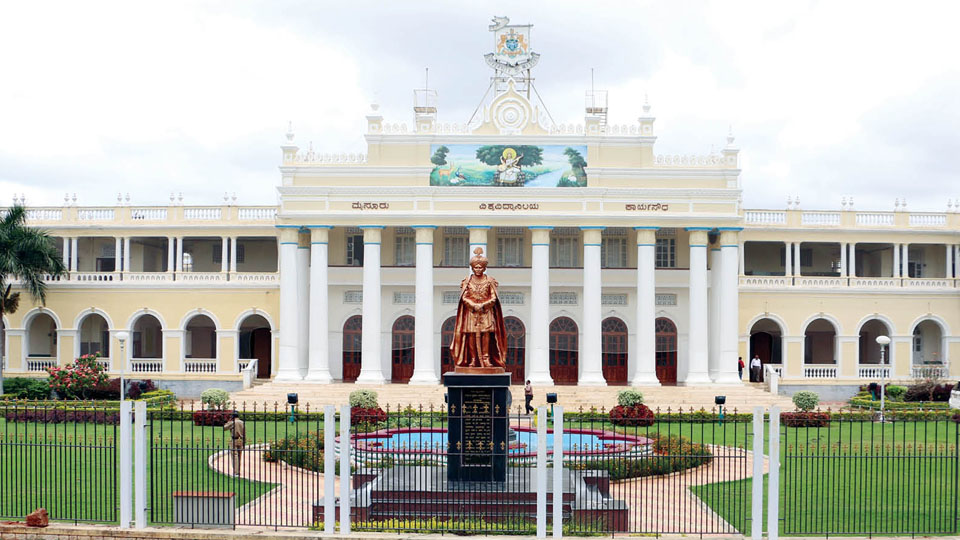
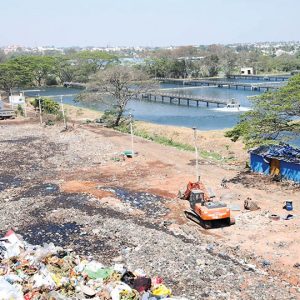
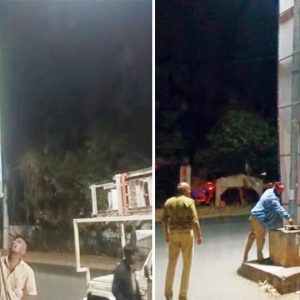
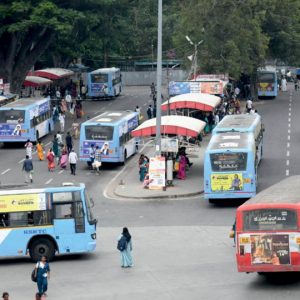

Recent Comments